My apologies for the light posting this week but, unlike my first two books, I’ve actually been doing book events in person at actual physical locations, which has been pretty exciting. I appeared at the 92nd Street Y in New York, an iconic venue in Manhattan, and my friend Judy Gold moderated our conversation. I visited Politics and Prose in D.C., joined by my friend and fellow Nerd Avenger Jen Taub. And I just got back from Hudson, Ohio where I did an event at the Hudson Library, which is lovely. I’m not used to traveling this much—it's a muscle that has almost atrophied over the last few years—but it's been great to be out in the world again.
While I was in Ohio, I got the news that Who Could Ever Love You is debuting this week on The New York Times Bestseller List. It’s number five on the hardcover list, and number three on the combined print and e-book list.
I'm so grateful for all of the support I’ve received, and to everybody who's bought a copy of the book. It's very important to me that people understand that this is not a political book; this is not a book about Donald Trump. Unlike my first book, Too Much and Never Enough, which I consider a psychological history of a family, Who Could Ever Love You is a memoir about my family of origin. Obviously, my experiences as a Trump inform who Donald became as well, but I wanted to focus on my dad and the ways in which his experiences as the oldest son and namesake shaped his relationship with his father and siblings while also examining how my experience of growing up as the child of my parents shaped me.
November 9th, 2016 is the day I went into lockdown, and in the last section of my book, I go through what the last nine years have been like especially in the wake of the first seventeen years of my life as a Trump. One of the reasons I wrote this book was to help me make sense of why I have been struggling so much at a time when, in the wake of the publication of my first book, so many opportunities presented themselves.
Of course, that was during the first Covid lockdown, so a lot of those opportunities were theoretical, but in the last four years, there have been moments and connections that I found myself unable to grasp. I really needed to get to the bottom of that, but it was also extremely important for me to speak to other people who’ve experienced trauma; to those of you who’ve also felt broken by what's been going on in this country over the last four to eight years, depending on how you count it.
A lot of our experiences, especially during Covid, happened in isolation, but we still need, individually and collectively, to find a way to something better.
I tried really hard to communicate my experiences in a way that will resonate with those of you who have felt the way I have since November 2016. And I hope this book speaks to those of you who grew up in families in which you felt you never belonged; in families that never accepted you or cared about you. I understand what a tough way that is to grow up and if it we don’t work through those traumas early enough, it can be devastating later in our lives, especially if we live through events that re-traumatize us.
I hope this excerpt from the book will give you some sense of where I've been in the last few years. I hope it gives you some insight into the ways in which my reactions to the 2016 election and beyond are connected to my experiences growing up in my family.
Almost every day for months, I found myself trying to find the thread. How did I get here? How is it once again that I find myself stuck on the couch, trapped in my apartment isolated, and feeling as though I haven't got a friend in the world? Getting to the origin of this paralysis became an obsession. I no longer believed it was a problem I could solve, but rather a pattern I had to disrupt. But first I needed to know was there a precise moment or a specific triggering event. The world around me had changed. Warped by Covid and Donald's continued presence in our politics. All of it had marked me. Always. There had been an invisible but impenetrable veil floating between me and every person. I wanted to be close to the distance between what might've been and how things actually were continued to widen.
My opportunities for connection were greater than they'd ever been, but the more isolated I felt, the more theoretical they seemed. I watched as my friends live their lives while other friends slid away from me or I from them, sometimes for a legitimate reason, good or bad, sometimes for no reason at all. In my darkest moments, I lost my faith in friendship almost completely. To be a public person whose private people had no idea what I was going through was incredibly lonely.
I have to say that being a private person whose private people don't know what you’re going through is also incredibly lonely.
If you've already picked the book up, thank you. And if you haven't, I hope you do. It’s my attempt to make sense of things and find a way to move forward. The last section of my book is called “The Only Way Out is Through.” For me, this book is my way through.



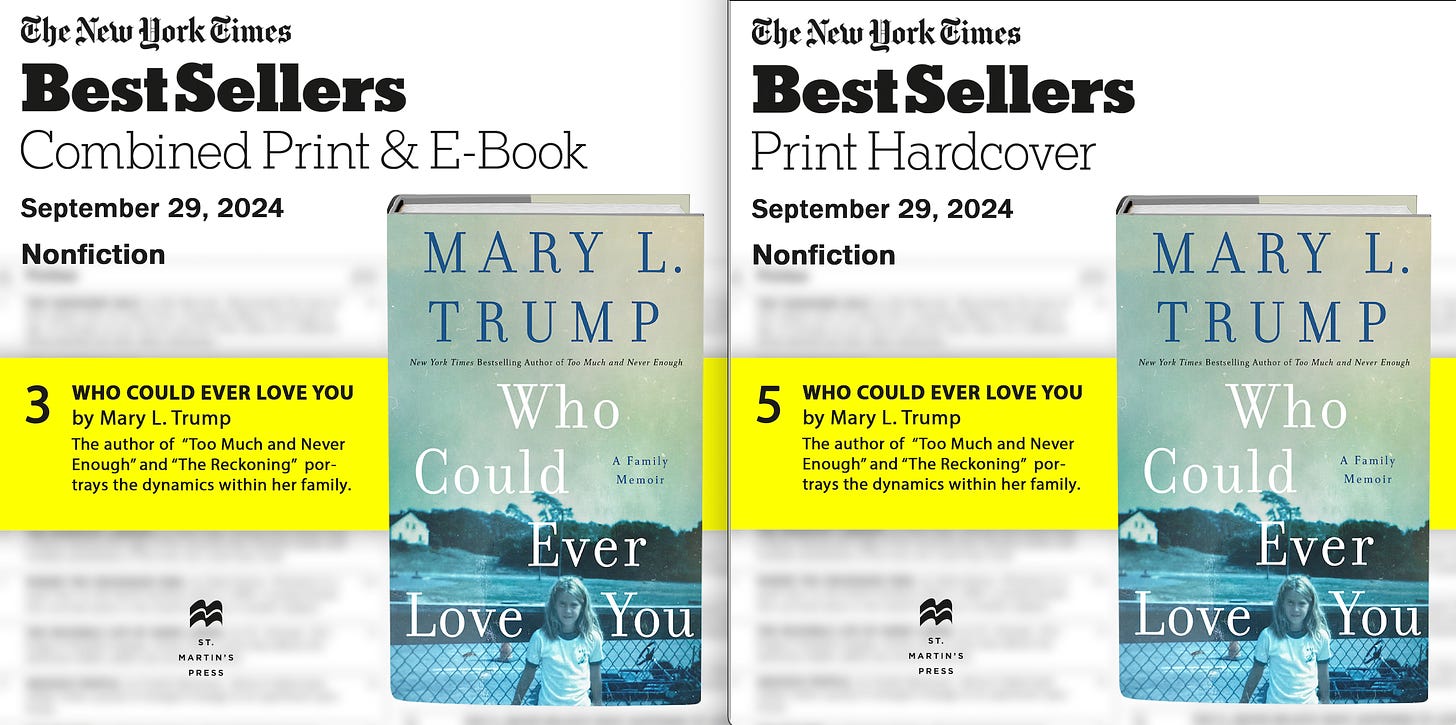


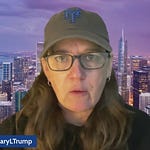

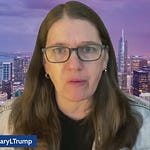



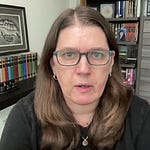

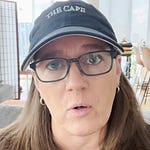

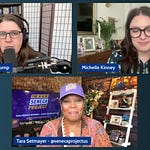

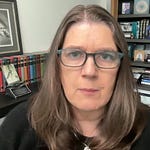
Trauma and This Political Moment